Mr. Robert F. Mujica, Jr.
Director of the Budget
New York State Division of the Budget
New York State Capitol Albany, NY 1224
Dear Mr. Mujica:
Since the start of the legislative session, the New York Disability Advocates (NYDA) has advocated for 3 for 5—a three percent annual funding increase for five years for the human services sector without any additional cuts. Collectively, NYDA represents more than 300 non-profit providers delivering services and support to 140,000 New Yorkers with intellectual and developmental disabilities (I/DD).
The immediate need for 3 for 5 in our sector is profound. In December 2019, NYDA conducted a statewide fiscal stability survey which found that almost 50 percent of them have less than 40 days of cash on hand—less than the typical six-week Medicaid receivable cycle. Nearly 30 percent have less than 30 days of cash on hand. Four out of five providers have had to reduce services or cut programs completely in the last three years due to funding constraints. The adverse impacts of this are profound to the service delivery sector.
Yet, despite this readily apparent precarious financial situation, the Office for People with Developmental Disabilities (OPWDD) is going to be implementing a 2% rate cut effective July 1st, 2020. We understand the financial challenges New York is presently facing; however, this ignores the reality that critical services are in jeopardy.
Now, the emergence of COVID-19 as a new healthcare emergency will place an additional strain on a system that is already stretched dangerously thin. As the primary providers of support for 90% of the New Yorkers with I/DD receiving OPWDD services, we are on the front lines of care. According to the Governor’s Briefing Book, more than 37,000 individuals reside in certified community-based residential programs. These residential programs are long-term care facilities that are for the most part settings shared by several people or congregate settings. The coronavirus poses a particular threat to individuals with health challenges who are in close contact, along with their caregivers.
As the virus continues to spread across New York, it will necessitate a substantial investment to ensure provider organizations are able to sufficiently prepare for and respond to potential occurrences to minimize community transmission.
The preparedness needs are significant. Providers must have round-the-clock staff coverage and expressly trained personnel, along with environmental preparations including additional supplies and intensified cleaning. Should the need for quarantine arise, spaces must also be prepped to accommodate those we support, our employees and others who have been exposed in our homes.
Furthermore, provider organizations are not reimbursed for emergency preparedness or the added costs associated with these challenges. Superstorm Sandy took a toll on providers and providers did not receive funding to support our storm-related expenses.
Protecting the safety of New Yorkers with intellectual and developmental disabilities, as well as our staff, is our number one priority and surely the State’s as well. We ask you to ensure the quality and continuity of their care and commit to support 3 for 5 without any additional cuts.
